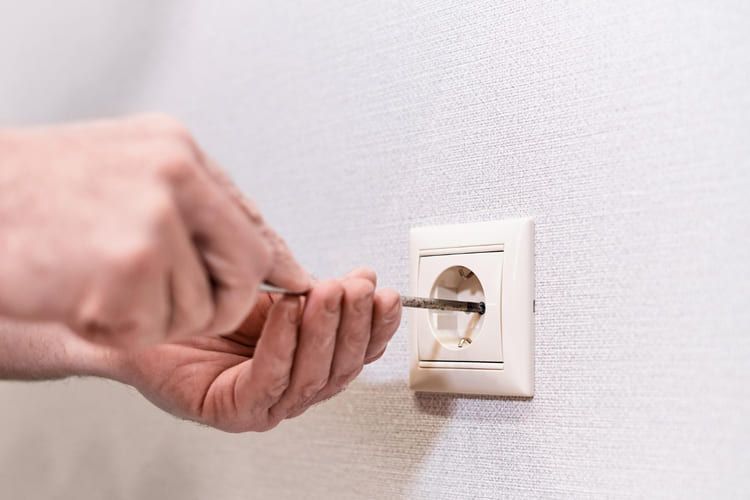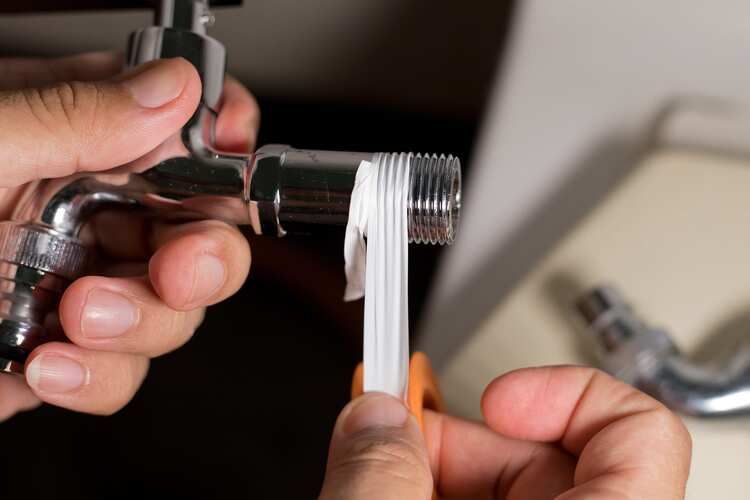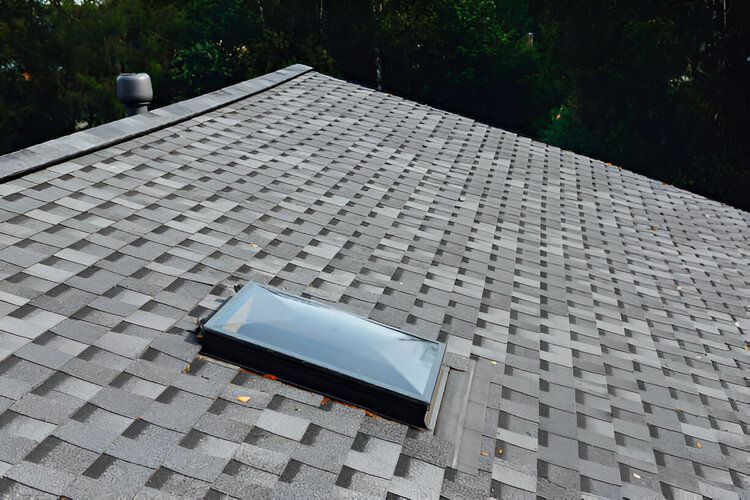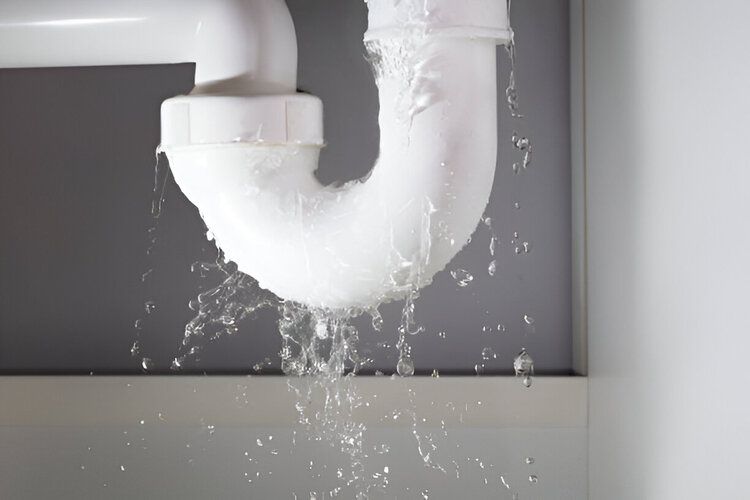Reasons You Should Have A Home Inspection On A Newly Built Home

It’s A New Home. What Could Be Wrong With It?
When you are buying a home, it is important to have as much information as possible to make an informed decision. A home inspection can provide you with detailed information about the condition of the property and any potential problems that may need to be fixed. This is especially important when buying a newly built home. While builders may do their best to build a quality home, things can and will go wrong. By having a new home inspection done, you can catch most any potential issues before they become larger problems. Though it may seem unnecessary, it can save you a lot of money and headaches in the long run. Here are reasons you should always have a home inspection on a newly built home.
1. To ensure that the construction was done properly
When buying a new home, you always hope for the best. A home inspection will discover and make sure that the home was built properly during the construction process. It will ensure that everything from the framing to the finishes has been inspected and addressed. This will give you peace of mind knowing that your investment is safe and ensures you get a quality product. Some homebuyers and homeowners may consider it an unnecessary expense, but hiring a professional inspector to inspect your new construction is well worth the money and could save you costly repairs later on.
2. To detect any potential problems with the property
Have you just bought a home that is brand new? Or are you thinking of doing so? If so, remember that no matter how careful the builder is, there are always snags that can crop up during construction. The best way to avoid problems on a newly constructed property is by having a home inspection. This will detect any potential problems with the new home. A home inspector will check all of the systems in the house, from the plumbing to the electrical wiring. They will also look for any signs of damage or deficiencies. By catching any potential problems early on, you can save yourself a lot of money and hassle in the future. You can rest assured that you’re making a safe and sound investment by getting a home inspection.
3. To get an idea of what needs to be fixed/repaired
A home inspection on a newly built home will give you an idea of what needs to be repaired and/or improved before you move in. It also helps ensure that the builder is held accountable for any issues. You’ll be able to see how well the construction was done and whether the builder followed all the building codes. If there are any major issues, you may want to reconsider buying the property. Talk to your home inspector about any potential and existing problems so you can make a fully informed decision.
4. To negotiate repairs with the builder if needed
A home inspection on a newly built home not only ensures proper construction work is done and catches any potential problems but also allows you to negotiate repairs with the builder. This could end up saving you money in the long run. Be sure to ask your builder about their warranty and how long it will last – you may be able to get some of these fixes taken care of free of charge.
Here are some things to keep in mind when negotiating repairs with the builder:
Don’t be afraid to ask for what you want – The builder wants your business, and they will likely work with you to get the repairs done.
Make sure the repairs are documented – Get written confirmation from the builder that the repairs have been completed.
Keep copies of all documentation related to the repair negotiations – This will help if any problems arise in the future.
No one ever wants to think about potential problems with their home, but it’s always better to be prepared. Remember that not all newly built homes experience issues, but it’s important to be aware of them nonetheless. When buying a new home, you’re about to embark on one of the biggest investments of your life. However, as with any investment, certain risks are associated with it. It’s essential to have a home inspection done to get an idea of what needs to be fixed, if anything at all. You can then use this information to negotiate with the builder. If you’re unsure where to start, hire a professional home inspector who will inspect the property for you and give you a detailed report on the new home.









